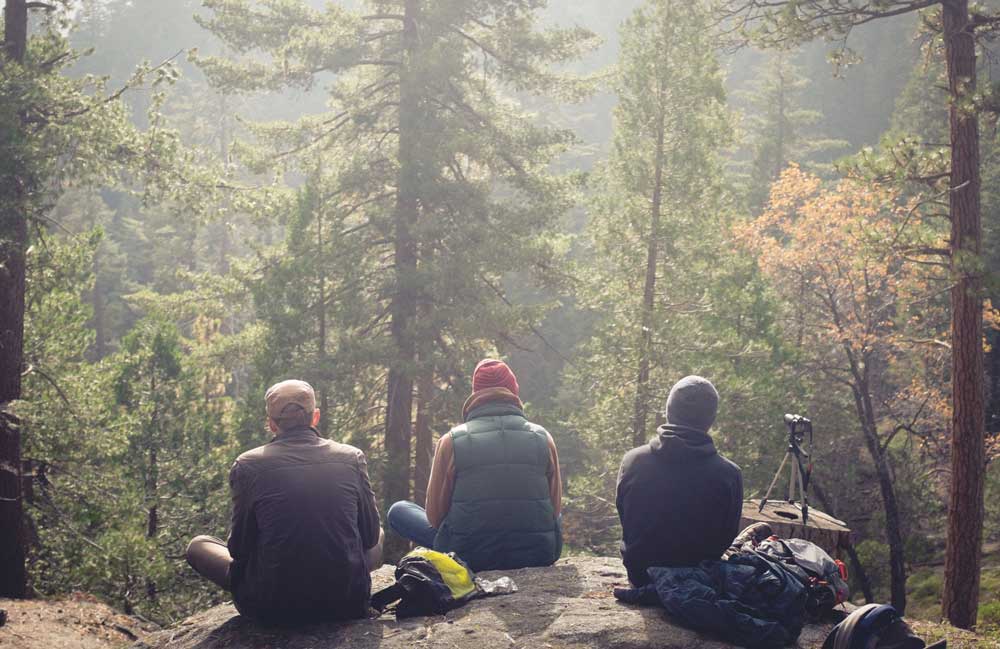By Cristina Utti
It has been twenty years since the publication of Ecopsychology: Restoring the Earth, Healing the Mind. This groundbreaking book, by Mary E. Gomes and Theodore Rozak, explores the benefits of healing the mind by reconnecting with nature. Ecotherapy: Healing with Nature in Mind by Linda Buzzell and Craig Chalquist contributes to this school of thought with essays that explore the links among ecotherapy for recovery (applied ecopsychology), spiritual development, and restoring the community.
Ecotherapy, also known as nature therapy, is the applied science of ecopscychology. Ecotherapists understand that people are part of a whole and approach clients from the perspective that our psyches are not isolated or separate from our environment. Therefore, fostering a relationship with nature is not only healing but also necessary. Connection with earth systems are the core of ecotherapy. Ecotherapists believe that the earth has a self-righting capacity through complex systems of integrated balance, and if we are able to harmonize with these systems, we will experience mental health.
We have known for a long time that sunlight decreases depression, and in the past years have learned that there really is such a thing as SAD (seasonal affective disorder). Getting the winter blues is a real ailment, and one part of the cure is to spend some time outdoors. One study, done in the UK, found that a walk in the country reduced depression in 71% of participants. The study found that as little as five minutes in a natural setting, whether walking in the woods or the park, or gardening in the backyard, improves mood, self-esteem, and motivation.
A Japenese study of “shinrin-yoku” (taking in the forest atmosphere) has found that elements of the environment, such as the sound of water, the odor of wood and flowers, and the scenery can reduce stress. Those taking part in this study showed lower levels of cortisol, a reduced pulse rate, and lowered blood pressure. It has become clear that being in nature, and/or interacting directly with nature is therapeutic and nurturing. The growing interest has even given rise to academic programs including certificates in ecotherapy, such as the one begun at JFK University. The university offers a graduate-level certificate in ecotherapy, which includes stress management, horticultural therapy, animal-assisted therapy, and managing anxiety.
It has become clear that being out in nature is good for us. If you are looking for a drug treatment center, keep your eye out for one that incorporates ecotherapy for recovery in their program. If you are looking to reduce stress, tension, and depression, get out in nature every day. Even a short period of time out doors has proven beneficial.
For more information about The Ranch at Dove Tree, please feel free to contact us anytime at 806.307.2003.












